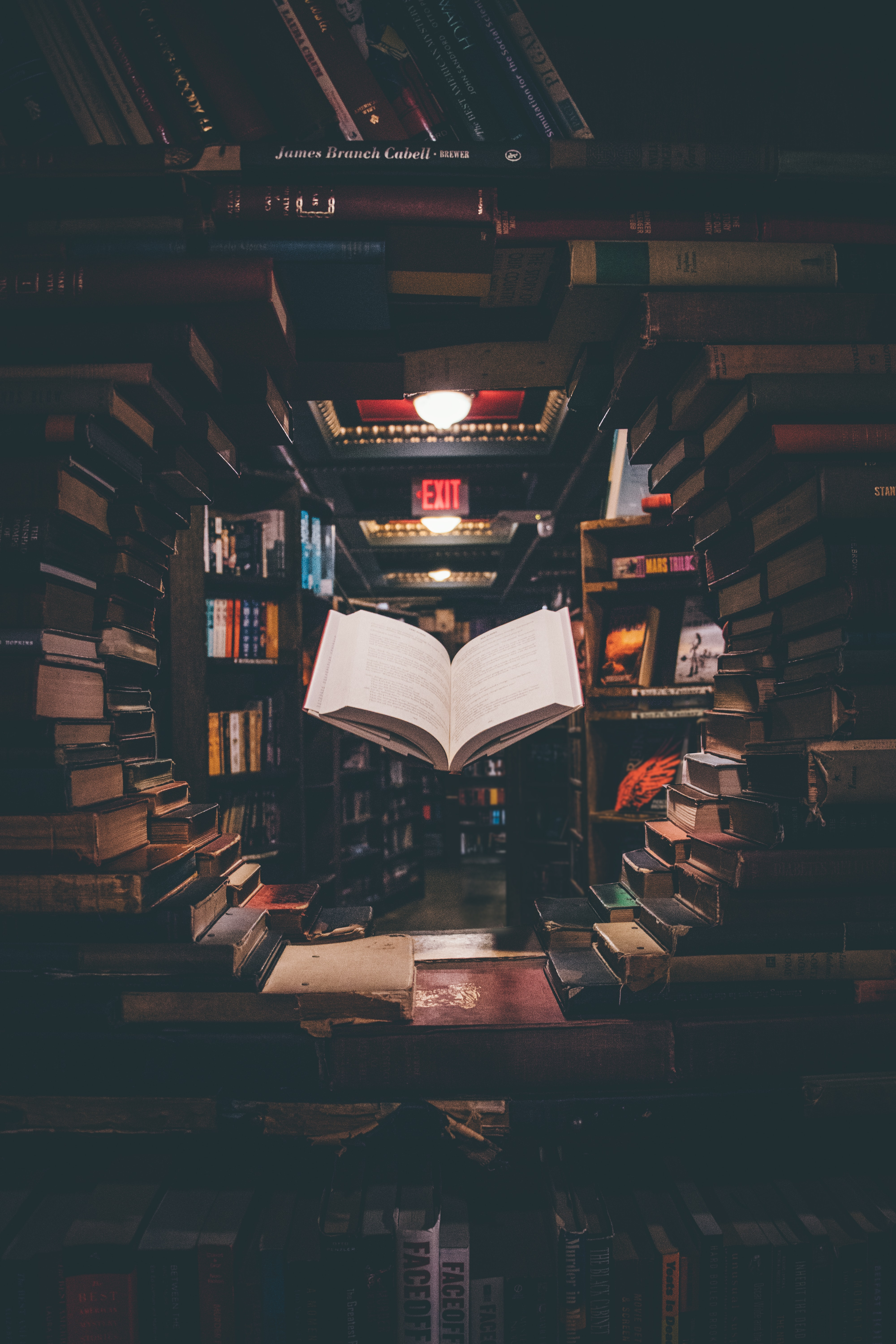
They say clothes make the man, but what they don’t tell you is that clothes also make for a good conversation starter.
I’ll give you an example from the archives. Back in 2015, I owned a Sriracha t-shirt. The first day I wore the Sriracha t-shirt, strangers took notice. Here’s what I posted on Facebook:
The barista who takes my order says I’m “like a super hero” because of my “amazing shirt.” I could tell him my wife bought it at Target (on sale I think), and that he can own one too. But I don’t want him to think that just anyone can be a super hero. With great power comes great responsibility, I guess.
A woman at the communal table tells me she puts Sriracha on “everything.” But I know she’s lying because there’s no hot sauce on her blueberry scone.
A man on the sidewalk gives me a thumbs up and shouts, “SRIRACHA DUDE!” I appreciate the love, but it’s unclear if the man sees me as a kindred spirit, or as the dude-esque spokesperson for America’s favorite hot sauce.
Finally, a random woman stops me and asks where I got the shirt. Her boyfriend “LOVES” Sriracha, she says, adding that he “needs this shirt.” Grateful that she doesn’t want the shirt off my back, I tell her to go to Target. She seems appreciative, until I explain that a Sriracha t-shirt may cause strangers to talk to him.
“People are really passionate about this stuff,” I say.
She’s concerned that he’ll end up talking to “random chicks.”
Yes, I agree, that is a possibility.
Eventually, I realized that the Sriracha t-shirt was too hot to handle. A few years later, I swapped the hot sauce t-shirt for another t-shirt, this one from The Last Bookstore in Los Angeles.
The other day, outside a local coffee house, my t-shirt from The Last Bookstore caught a stranger’s eye.
“Cool shirt,” he said. “Where is The Last Bookstore, anyway?”
“Downtown.”
“By downtown, you mean that clump of really tall buildings, near where all the freeways come together, that sort of feels like a city center, except it’s not really a city center because it’s more like a Hollywood facade of what a city center is supposed be?”
I smiled. I don’t know if it was love at first sight, like the way Yossarian fell madly in love with Chaplain Tappman in the opening of Catch-22, but I knew immediately I liked the cut of the stranger’s jib. That much was certain.
“It’s a great bookstore,” I said. “The selection is amazing. You ever been to Powell’s in Portland?”
“I’m from Portland.”
“Oh yeah. Well, Powell’s is the only bookstore I know that’s bigger. You should check it out. Great books, great people.”
“And great merch!”
“Exactly.”
“My name is Iran, like the country.”
“I’m Michael, like…”
“Like the Archangel Michael, our leader in good’s fight against evil.”
“I do what I can, but let’s not get carried away.”
But we did get carried away. Iran told me about Portland “back in the day,” and what it was like to be a young Black man who loved punk music, but hated the Neo-Nazis that often intruded on that scene.
“I fought Nazis all the time,” he said. “I was a one-man-Nazi-punching machine back then.”
Then Iran told me about a Dead Kennedys song about fighting Nazis in Portland and how the cops would arrest you, but let the Nazis go.
“That was Portland,” he said. “It was pretty fucked up—pardon my French.”
I pardoned his fucking French, and in return, Iran recommended a podcast called It Did Happen Here about right-wing violence in 1980s Portland and how street kids like Iran fought back.
“They interviewed me for one of the episodes.”
“I’ll check it out,” I said. “I love learning about history, especially if it’s the kind of history that doesn’t make it into the history books.”
“Yes!”
Suddenly, our conversation shifted to the books they should assign in school, but don’t because local school boards are governed by fear-based Americans who want their kids to learn the same mythology they learned in school.
“I’m reading Gangsters of Capitalism right now,” I said.
Gangsters of Capitalism tells the story of a decorated Marine general named Smedley Butler who eventually came to consider himself a “high class muscle man” for U.S. business interests throughout the Caribbean, Latin America, and Asia. In the 1930s, near the end of his life, Butler who was one of America’s most famous warriors at the time, became even more famous for writing a book called War is a Racket. But in the decades following his death, Butler’s anti-war views arguably contributed to the marginalization of his legacy. Sadly, Butler never confronted racism—neither his own personal prejudices, nor the systemic racism that fuels American imperialism—but he did open his eyes enough to see the threat concentrated power poses to democracy and the working class.
“People talk a big game about intersectionality these days,” Iran said. “But so many people still don’t see class in America, so even though their heart is probably in the right place, they’re still fucking blind. Pardon my French.”
Again, I pardoned Iran’s fucking French. We talked about more books. How to Hide an Empire by Daniel Immerwahr. We both agreed that one blew our minds. The Jakarta Method by Vincent Bevins. Iran and I both had that one on our TBR pile. Then we got off on a tangent about the Wilmington Insurrection.
“First time I came across it was the other night while reading Gangsters of Capitalism.”
“You need to learn more about that one, Michael. There was an integrated, progressive government in 1890s North Carolina. Black people and white people working together in the Jim Crow South. Democracy, you understand? But these white supremacists actually brought down that government with violence.”
“I read that historians consider it the only successful coup in American history.”
“It was a coup,” Iran said, “and it makes January 6 look a clown show.”
Iran recommended a book called Wilmington’s Lie: The Murderous Coup of 1898 and the Rise of White Supremacy by David Zucchino. I took out my phone and made a note of the title.
“After you read that one, you’ll never think about race, class, and America the same way again,” Iran promised.
“Wow. I’m really glad you stopped me to ask about The Last Bookstore. This has been an amazing conversation.”
“I knew it the minute I saw you, Michael.”
“Knew what?”
“Your shirt. I knew you were a book person, and I love book people. The only question in my mind was, is this guy the kind of guy who goes deep into the uncomfortable places to seek out truth, or is he one of those Harry Potter motherfuckers? Excuse my French.”
“I’ve never read Harry Potter.”
“Of course not. You know what’s up.”
Iran and I shook hands and said our goodbyes. He walked toward the parking lot. I headed toward the entrance to get my morning coffee.
“The Last Bookstore,” the barista said. “Where is that place?”
“It’s downtown,” I said. “And by downtown, I mean that clump tall buildings masquerading as a city center.”
“Huh?”
“Never mind. I’ll have an oat milk latte.”
The barista began to make my latte.
“You know,” the barista said, “I think I’ve seen that place on Instagram, The Last Bookstore.”
“Probably. They built all these cool displays out of books that people like to use for selfies. So, it’s all over social media.”
“Oh yeah! Totally. I need to go there and take a selfie.”
“And pick up a book or two,” I said.
“Ugh. I’m so bad at reading books. The only books I’ve actually read cover-to-cover are the Harry Potter books.”
And if you’ve got a moment, please SHARE this post, then hit the ❤️ button 👇









Such a funny, insightful piece. Situation Normal is my daily breakfast read now. Why anyone would start the day by watching broadcast "news" is beyond me. Your work sets the tone for my day, Michael. Also, you reminded me of Mark Twain's cautionary remark, "The man who does not read has no advantage over the man who cannot read".
Thanks for the book recommendations, Iran and Michael :)
Now I will add them to my ever growing list of Michael recs.